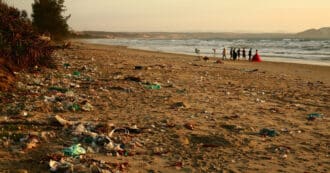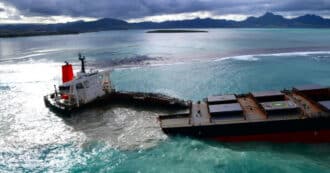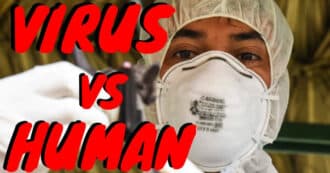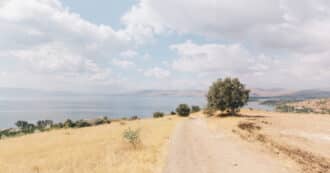By Faygle Train
Chicago is one of many cities in the Midwest experiencing human-caused climate change, and in summer seasons, they are feeling it more than ever.
Fifteen of the last twenty years have had above-average temperatures and without rapid action, by 2050, Chicago’s summer temperatures could reach 100+ degrees on more than 30 days annually! Stagnant air days are also on the rise, an issue because it counteracts Ozone reductions. All this is a danger to the more than 310,000 people living in Illinois who are especially vulnerable to extreme heat. But climate change is not just global warming. Chicago’s winters are also getting colder each year.
Temperature extremes are only some of the danger signs of climate change. Increased precipitation in the Great Lakes region – 59% of it now rain rather than snow in the winter – means increased flooding is overpowering local sewers and hurting soybean and corn farms. It’s terrifying to think that without industrial and individual effort, the state of Illinois may see an increase in the severity of widespread drought by 2050. While they have a lower drought risk than other states, they are also vastly less prepared.
Chicago leadership, like Former Mayor Richard Daley and current Mayor Rahm Emanuel, have developed ambitious climate action plans, including a plan to transition buildings to 100% renewable energy by 2035. But they are not alone: Faith Schools are active in saving the city as well!
The Catholic Theological Union, the first Roman Catholic seminary to join the Green Seminary Initiative, offers three courses on environment. These include Ethics, Spirituality, and Global Climate Change about the spiritual, moral and actionable resources in Christian and Roman Catholic traditions to mitigate climate change. Another course is Catholic Environmental Ethics: Sources, Norms, and Issues about care for the Earth as a moral imperative, with student case projects on conversion from abusive relationships with the Earth, to moral, sustainable and reverential ways of living.
The Chicago Theological Seminary has two incredible courses. One is Animals, Ecology, and Biblical Interpretation with Professor Ken Stone. It examines the Hebrew Bible’s attitudes toward animals and food by reading contemporary animal studies and food studies literature, keeping in mind any contemporary ethics involved. Another course for CTS students is Greening the Church: Theological and Practical Foundations with Professor Robert Shore-Goss. His class explores the pastoral and theological implications of eco-justice.
Finally, Meadville Lombard Theological School, a school committed to sustainable building practices, offers Religious Naturalism and the Climate Crisis with Professor Michael Hogue. In this class, participants learn the importance of religious leaders committing to climate justice.
Catholic seminaries in Chicago are training leaders to care for creation. We applaud their holy work!





